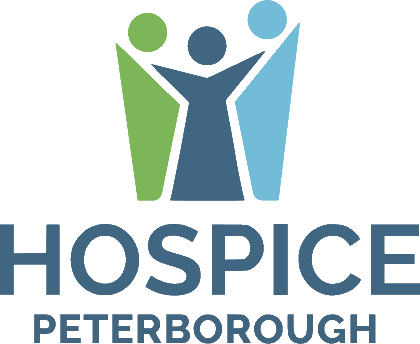Composite story written by John Mowry based on his experiences working with families at end-of-life.
My sister, brother and I sat in silence in the “family room”. The doctor had explained that Dad had suffered a life-threatening stroke and decisions needed to be made as to how Dad would want to be treated. “Would he want to be treated aggressively or would he want to be kept comfortable?” My sister looked at me and said, “How would we know what Dad would want? Isn’t the doctor supposed know what is best for a patient?” At which point my brother jumps in with, “Why are we even being asked about this? Dad would definitely want everything possible done. This is crazy!” “The doctor asked if Dad has an ‘Advance Care Plan’. I don’t even know what that is”.
The words of my siblings fade as my mind shifted to thoughts of Mom and Dad. Mom had died 5 years ago. At that time, I simply got a call from Dad informing me of her death. Dad is 92 years old. He had been physically active – golf in the summer months, curling through the winter and acted as the secretary of the local historical society until he was 90. The last two years however have not been kind to Dad. His eyesight and hearing, both failing resulted in him becoming increasingly isolated from the activities that had made his life so full. The last two years he had stopped golfing and curling. He had lost his confidence. At one point a year ago, he even mentioned that he was simply waiting until “it is time to be with your mother again.”
I found myself wishing that somehow, as a family, we could have had some conversation with Dad. Maybe Dad saying that he was simply waiting until it is time to be with Mom again was his way of trying to open up this conversation. If only we had not been afraid to have this discussion. If only.
April 16 has been declared National Advance Care Planning Day in Canada. Advance Care Planning is about having conversations with the person, or people who will make decisions for you if you are unable to speak for yourself. By reflecting on your own values, beliefs and wishes and having open, thoughtful discussions with your loved ones who will act as your Substitute Decision Maker, you will help them if they find themselves in a situation where they are being asked by a doctor or other health care professional about difficult decisions that may need to be made in such situations as the case of my 92 year old Dad.

The link below is a booklet that provides information on how to think about and approach these important conversations. Please take a few moments to look through this material. Imagine the peace of mind knowing that you are able to provide voice to a loved one.
